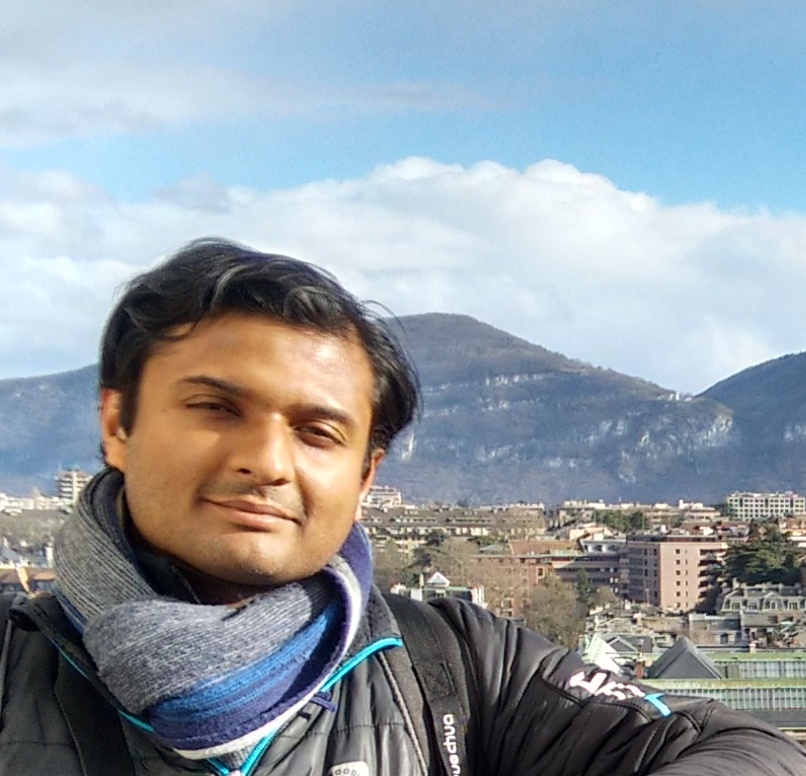Researcher spotlight #36 Unnikrishnan Radhakrishnan
A short talk with Unni about his research and interests.

Hi Unni, what is your background?
I am originally from the state of Kerala in the south of India. I have bachelor's and master's degrees in computer science and applications, following which I worked as a software engineer at Amrita university, working mainly on educational technologies, VR, and social robotics.
What are your main areas of research?
As part of my Ph.D. research, I am trying to understand ways of improving industrial skills training using virtual reality. In particular, I am investigating the links between fine motor skill training and arousal in VR by designing and developing experiments which employ different types of biosensors and haptic feedback devices. I am working with my supervisor Konstantinos Koumaditis and co-supervisor Francesco Chinello, as well with collaborators from INRIA Rennes, France.
Are you involved with any teaching at the moment?
I have been involved with the teaching of three machine learning courses at AU Herning in the past two years. However, I currently do not have any teaching responsibilities.
How did you hear about Cognition and Behavior Lab?
Through my supervisor, who had conducted a VR experiment before I joined Aarhus University.
How have you used the lab so far? What are the benefits for researchers?
I have completed three studies at COBE along with my colleagues. These studies involved investigating different aspects of training and education in VR through controlled experiments. The benefits of using COBE lab are many! To list a few, I would first say that the procedural work needed for getting a study approved and running is very clear and simple. The ethics approval is facilitated by the lab with helpful and prompt feedback. Once the study gets approved, the booking and participant recruitment process is similarly straightforward. And to top it all off, the lab has an extensive collection of VR headsets, eye trackers, biosensors, and other hardware required to conduct a wide range of experiments. Last but not the least, the opportunity to meet fellow researchers from various departments at Aarhus University, and all the enthusiastic study participants have been very inspiring for me.
Is there a particular recommendation you would like to pass on to other researchers? Something you wish you had known before you started, or just a useful trick.
Advertising the study matters a lot. I learned that study descriptions written in dry academic tones are not enough.
Could you recommend one academic book to fellow colleagues that you think is of great interest?
"Handbook of Psychophysiology" by Cambridge University Press, edited by Cacioppo, Tassinary, and Berntson. It is an accessible and invaluable source of knowledge for researchers interested in using EEG, ECG, eye tracking, GSR, and other forms of biosensors in their work.
Away from your research, what do you enjoy doing?
I like taking long walks, reading various kind of fiction (mainly sci-fi), cooking (mostly Indian food), and listening to heavy metal and jazz music. I am currently enjoying the challenge of learning a complex fine motor skill task (playing a guitar).